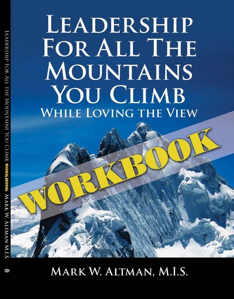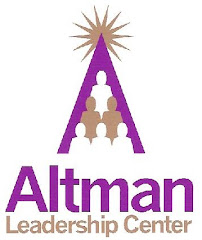More specifically, to test students for illegal drugs is the question; and the knock-down, drag-out fight, in some places. This topic came to the forefront for my wife and I last Monday, when our youngest daughter Meagan came home and announced she had been selected for a random drug test at school. At the beginning of the year, my wife signed the release allowing the school to test our kids as part of their random drug-screening program.
For a variety of reasons, we are confident our kids do not use drugs, smoke, or drink, and therefore for us (our kids included), we couldn’t care less if the kids are tested. However, if we had the slightest suspicion they were using any of those substances, we would want them tested so we could get them help. I spent an entire career being tested in the Army, my wife has been a teacher her entire career, and our oldest is embarking on a career as a Navy pilot. Given our career choices and family circumstances, you might understand why we didn’t realize the intensity of the debate over this issue.
When Meagan was tested, I began to look closer at the debate; and while I have not changed my mind on the topic, there are a number of contentious points raging across the education, legal and parenting communities. At the top of the list are the privacy issues; although so far, the Supreme Court has decided schools do have the right to randomly drug test students.
Another hotly contested issue is the efficacy of drug testing in reducing the numbers of drug users in school. Critics of drug testing argue kids will shift to designer drugs or prescription medications. I find the best argument against testing in its current form, is that we don’t test for enough substances; alcohol is by far the leading killer of teenagers in comparison to other drugs, and underage drinking costs the US more than $50 billion a year.
On the other side of the debate are those who argue for many kids, knowing they may be tested is both a deterrence and an “out” with their friends, as to why they can’t take drugs. They point out a kid who doesn’t use drugs has nothing to fear from submitting to a test. Further, if experimentation is fueled by peer pressure, then reducing drug use amongst athletes and other student leaders has a ripple effect across much of the student body.
My intent in this column is not to solve, or even advocate, one position over another; my purpose is to begin a conversation in our communities as to whether we wish to expand testing to include alcohol and tobacco, or continue testing our kids for illegal drugs at all. My guess is if you tested every kid, every single day, it would not have the impact of loving parents, modeling good behavior, and communicating the reasons behind that behavior, in a loving and honest way. When a teen’s parents talk to them regularly about the dangers of drug abuse, the teen is 42% less likely to use drugs, and 63% of teens who drink say they initially got the booze from their own, or a friend’s house. Let the debate continue.
Mark Altman is a speaker and leadership consultant with the Altman Leadership Center. He has graduate work in Marriage and Family Counseling and is the author of Leadership For All the Mountains You Climb. He can be reached at mark@leadright.net.








No comments:
Post a Comment